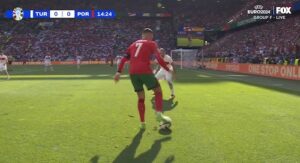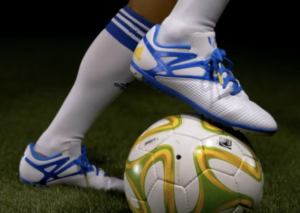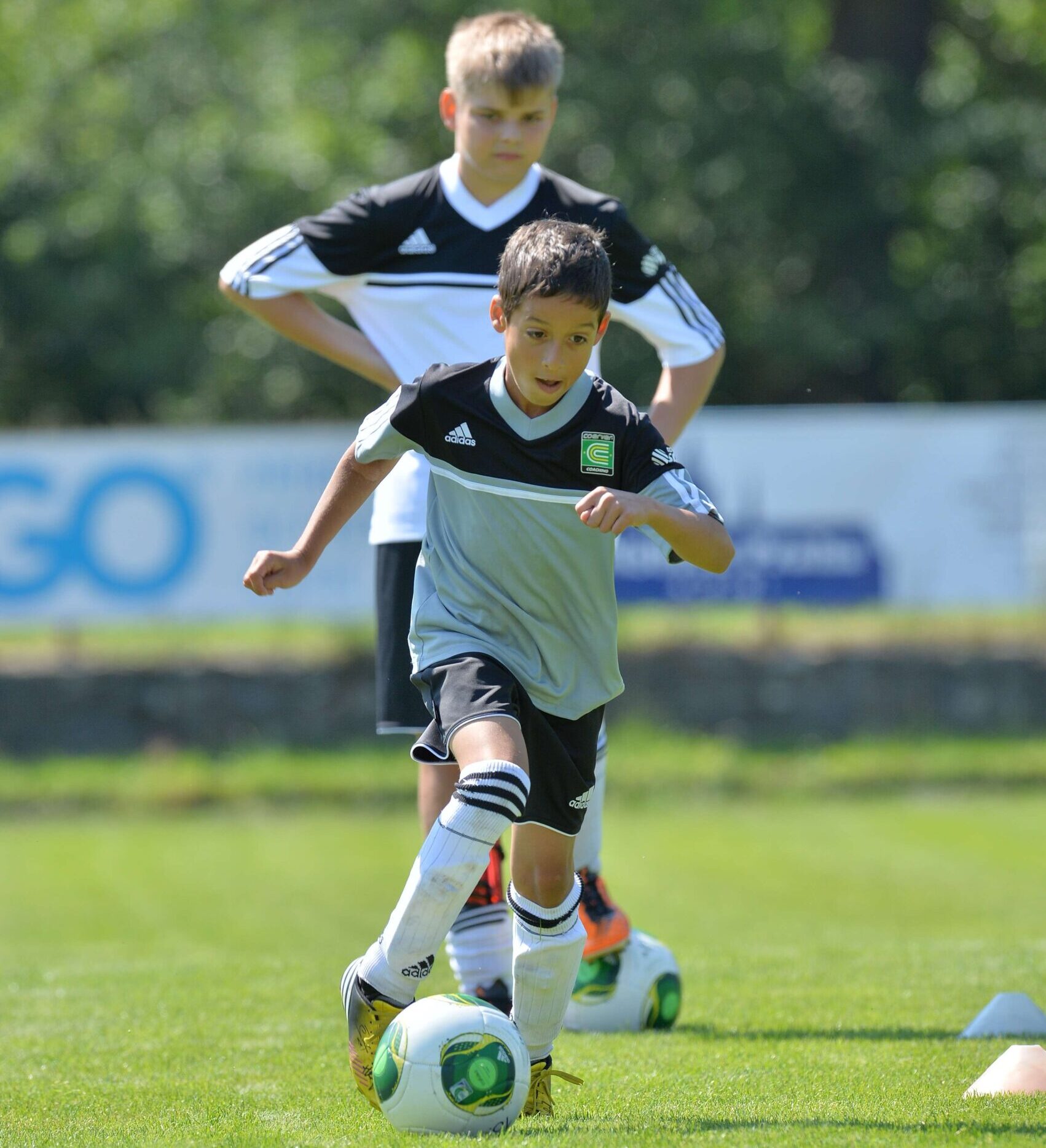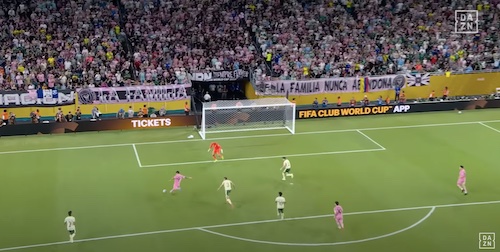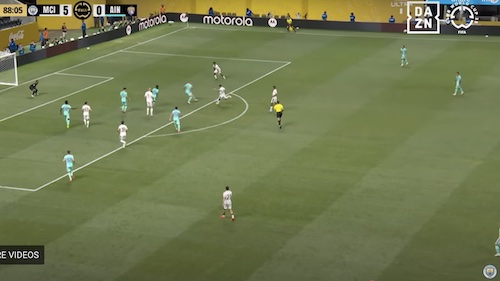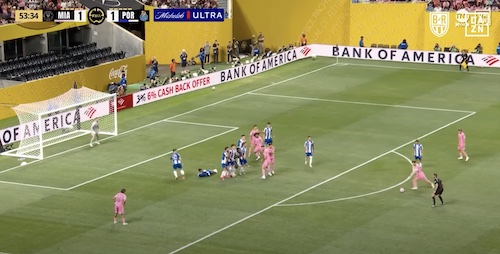|
By Lawrence Ostlere As time passes, sport evolves and officiating adapts accordingly. There is one sport however that seems determined to retain its old ways. Soccer continues to struggle on week after week debating each poor refereeing decision and its detrimental impact on high profile matches, whilst other sports have implemented technological methods to improve the fairness, and arguably the entertainment value, of their game. Giving tennis players the power to ‘challenge’ a call at Wimbledon has often provided dramatic sub-plots to the match. We have seen this week that when Hawk-Eye shows a replay of a ball heading towards the baseline, the growing ‘oooh’ from the crowd is infectious and indisputably adds to the drama. A concern for FIFA President Sepp Blatter is that regular interludes to consult a video referee will break up the rhythm of a soccer match, and this could damage its appeal as a fast-flowing game. However, other sports have cleverly placed limitations on such stoppages to counter this. In tennis a player is only allowed 3 challenges per set, and in ice hockey goal incidents can be replayed. By following this lead, football could give referees the power to hand key decisions such as penalties and goal-line clearances to a video-official, allowing the rest of the game to flow. The past ten days have seen World Cup officials and their decisions hit the headlines. In beating Ivory Coast 3-0, Brazil’s Luis Fabiano clearly handballed, twice, in the build up to scoring. Incredibly the referee asked the striker if he had committed the offence, which the player unsurprisingly denied, but wouldn’t it have been better to see a quick replay and deny the goal instead? In an incident between Mexico and Argentina, the referee did see a replay. Leonel Messi’s chip towards Carlos Tevez was headed in, and despite Tevez being in a clear offside position, the linesman allowed the goal. However, the incident was replayed on the big screen in the Soccer City stadium in Johannesburg, which incensed fans and players alike when they saw the mistake. Playing replays on the screen is not normally allowed for this very reason, and it left the referee in the farcical situation of knowing that the goal should not count, but having to allow it, as he was not permitted to use technology to make his decision. Earlier the same day, England’s 4-1 defeat at the hands of bitter rivals Germany was blamed partly on the decision not to allow Frank Lampard’s shot to count, after it had clearly crossed the line. Whether he was persuaded by the protestations of players and boos of fans, or perhaps heard the lyrics of BBC radio’s song in mockery of England’s failings, Sepp Blatter came out and apologised to the nations that fell victim to poor decisions this week. Here’s video of Frank Lampard’s goal versus Germany that didn’t count: Unfortunately Blatter’s apology comes too late for the teams that have suffered, but perhaps now soccer, a multi-billion dollar industry on a global scale like no other, can catch up with the rest of world sport and embrace technology. Will (VAR) video assistant referee be used during the 2018 FIFA World Cup Russia? It should be. Lawrence Ostlere is a freelance writer and can be reached at: lawrence.ostlere@hotmail.co.uk |
World Cup: Time for Technology




